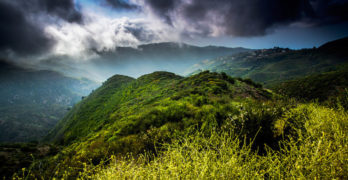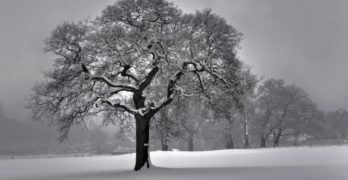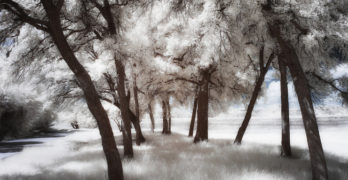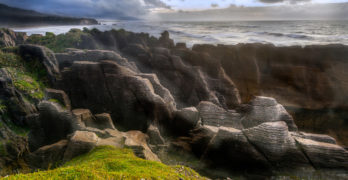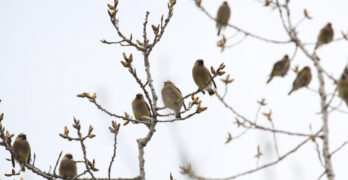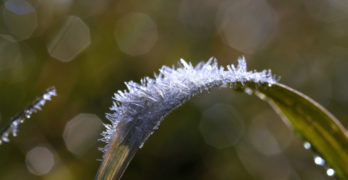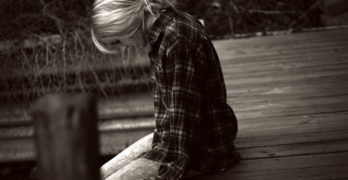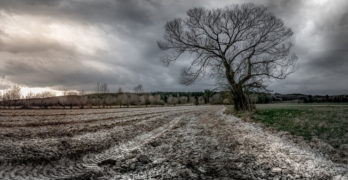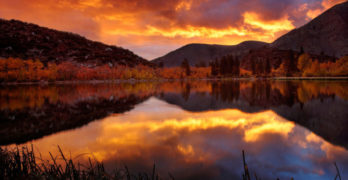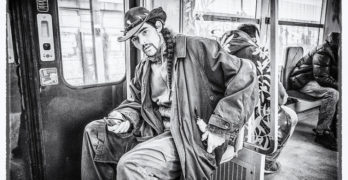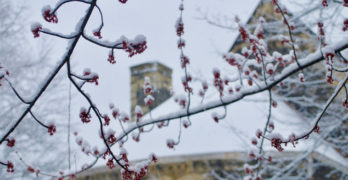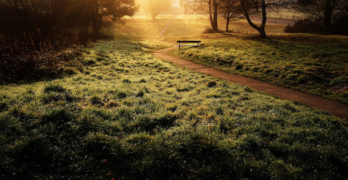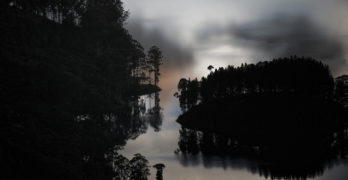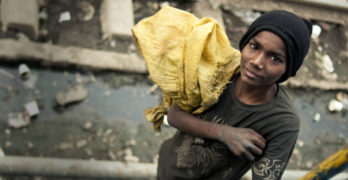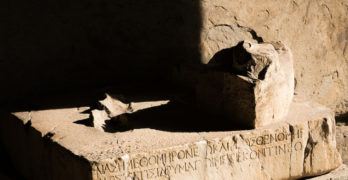In “Planet-Shaped Horse” by British poet Luke Kennard, be prepared for fun-punched discoveries about words, language, ideas, and conventions.
The Abounding Creativity of Middle-earth: An Appreciation of J.R.R. Tolkien
With his stories of Middle-earth, J.R.R. Tolkien gave us a legacy of abounding creativity and imagination, explaining how myths are made.
A Strangely Contemporary Verse Play: “Murder in the Cathedral” by T.S. Eliot
“Murder in the Cathedral” by T.S. Eliot, written and produced in 1935, was one of the last verse plays written for the stage. It is also oddly contemporary.
“The Old Curiosity Shop:” Charles Dickens and a Road Trip!
“The Old Curiosity Shop” by Charles Dickens, with some of the author’s most memorable characters, isn’t about a shop at all — it’s about a road trip.
Francis Ledwidge: Reconsidering a War Poet
Irish poet Francis Ledwidge is not one of the better known poets of World War I, because he was an Irishman who fought for the British Army.
Novel, Poetry, Both? Max Porter and “Grief Is the Thing with Feathers”
“Grief Is the Thing with Feathers” by British author Max Porter is officially a novel, but it could also be poetry, or something else. And it’s wonderful.
Poets and Poems: Matt Duggan and “One Million Tiny Cuts”
“One Million Tiny Cuts” by poet Matt Duggan is a bold, angry collection of poems, full of vivid images and metaphors, and a kind of fist raised at society.
Poets and Poems: Michael Pedersen and “Oyster”
“Oyster” by Scottish poet Michael Pedersen is a jarring, irreverent poetry collection that wallops you with unexpected tenderness.
Poets and Poems: Sinead Morrissey and “On Balance”
“On Balance,” the new poetry collection by Sinead Morrissey, reminds us that technology brings both the good and the tradeoff.
Rediscovering “Great Expectations” by Charles Dickens
“Great Expectations” by Charles Dickens is one of his best and most beloved novels, one he initially described as “fine, new, and grotesque.”
Poets and Poems: Nikita Gill and “Wild Embers”
“Wild Embers” by Nikita Gill, comprising 113 relatively short poems, is a snapshot of a poet’s popularity on social media.
Poets and Poems: Caroline Bird and “In These Days of Prohibition”
“In These Days of Prohibition” by poet Caroline Bird forces us to see the meaning of ourselves and the life around us in different and unexpected ways.
Poets and Poems: Simon Armitage Translates “Pearl”
British poet Simon Armitage has translated the late Middle English poem “Pearl,” a beautiful poem about a father’s grief and how he resolves it.
What Made 1922 a Literary Watershed Year?
In 1922, everything changed in literature, as James Joyce’s “Ulysses” and T.S. Eliot’s “The Waste Land” brought modernism to fiction and poetry.
Poets and Poems: Luke Kennard and “Cain”
In “Cain: Poems,” British poet Luke Kennard has brought the biblical character of Cain into contemporary life, with funny and poignant results.
The Strangeness of “A Tale of Two Cities” by Charles Dickens
“A Tale of Two Cities” by Charles Dickens, one of the most quoted works of English literature, continues to speak to the human condition.
“Housman Country: Into the Heart of England”
Peter Parker, in “Housman Country: Into the Heart of England,” explains why “A Shropshire Lad” became one of the most popular poetry books of the 20th century.
Tales of the First Age: “Beren and Luthien” by J.R.R. Tolkien
“Beren and Luthien” by J.R.R. Tolkien is the latest story edited by his son and literary executor Christopher Tolkien, and one of the earliest he wrote.
The Surprise of “Oliver Twist” by Charles Dickens
Surprisingly, “Oliver Twist” by Charles Dickens isn’t one of his best works, but it contains elements of the genius for which he’d become famous.
A Small Volume of Essays, A Larger World of Poetry
A book of essays first published in 1916 provides a window into poetry and its practitioners, as well as how poetry was taught in classrooms.
